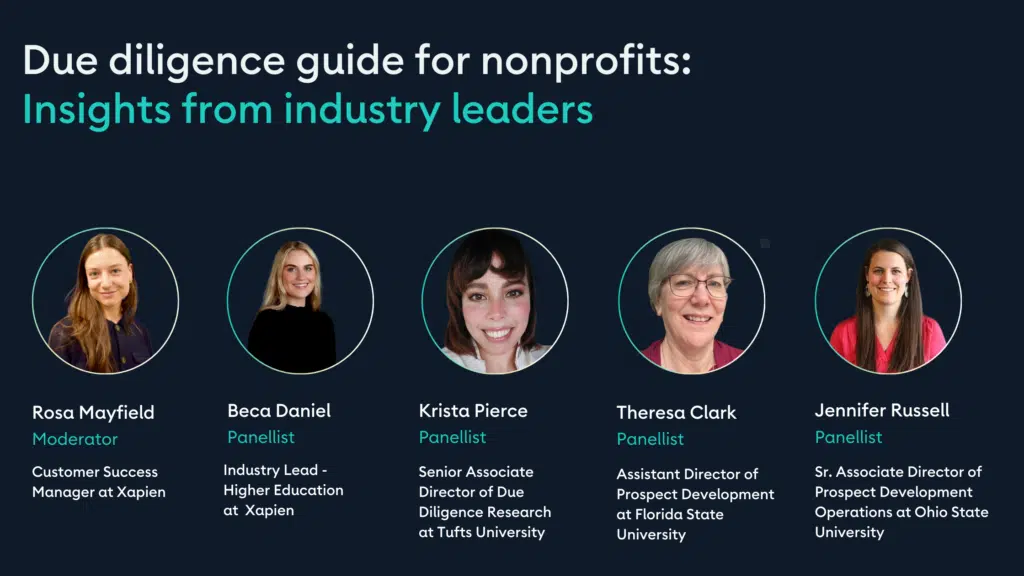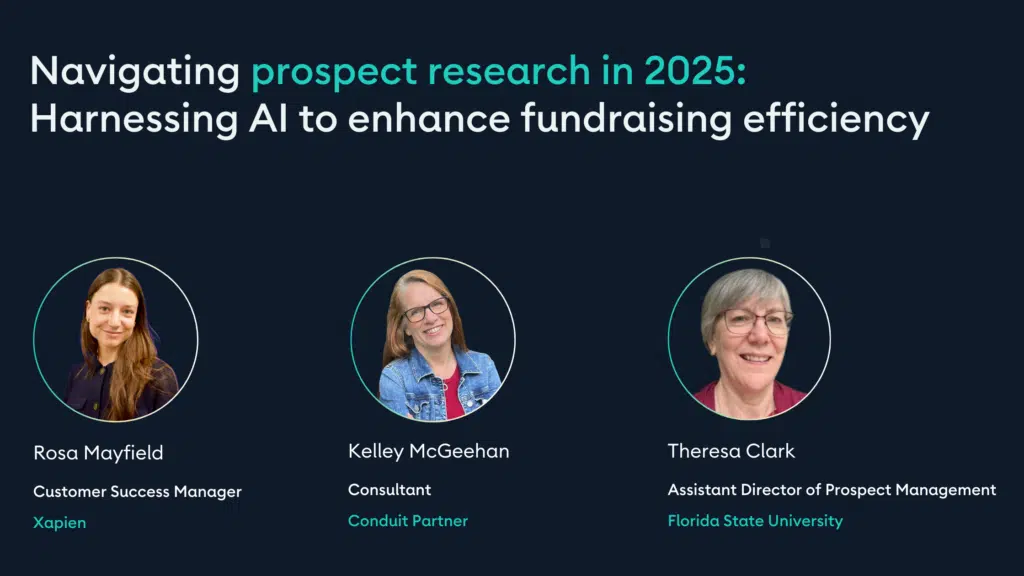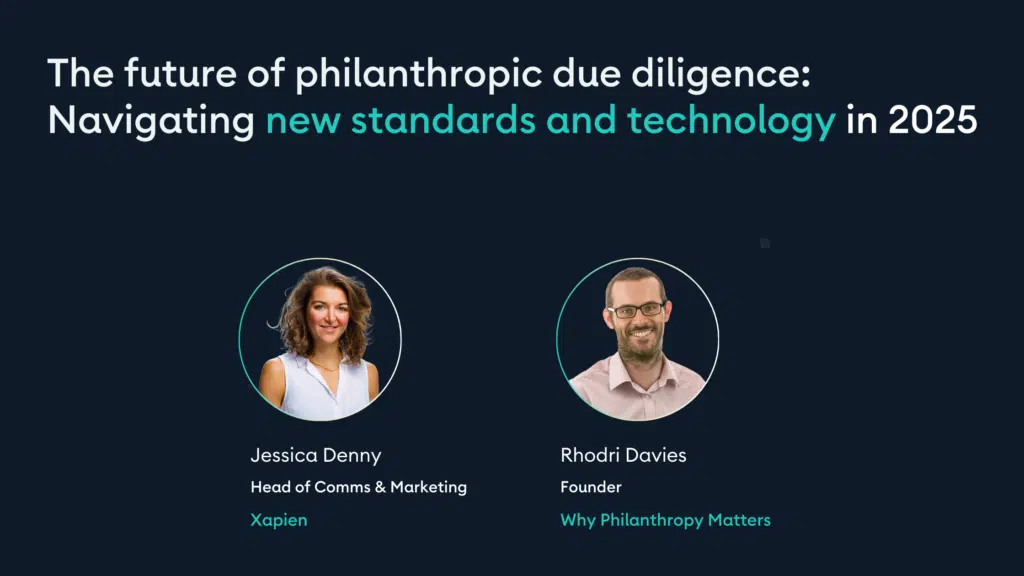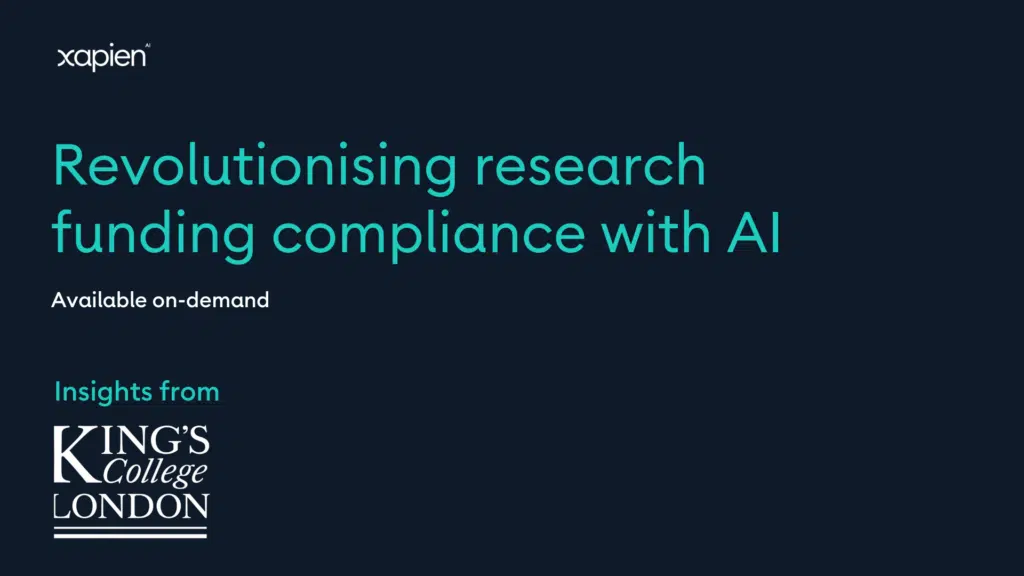Streamlining prospect research at the National Gallery
The National Gallery’s Development Research team transformed its prospect research and due diligence process with Xapien’s AI-driven platform—streamlining workflows, saving time, and supporting risk-aware fundraising decisions while maintaining the highest standards of integrity.
Read MoreDue diligence guide for nonprofits: Insights from industry leaders
Forming deep connections that convert prospects into loyal donors
Prospect research in 2025: Harnessing AI to enhance fundraising efficiency
Due diligence playbook for nonprofits
Revolutionising donor due diligence in independent education with Brighton College
Xapien enables Brighton College to confidently process more donation proposals, ensuring they partner with donors whose values and backgrounds align with the College’s own
Read MoreHow KCL’s research assurance team use Xapien for potential collaborators
KCL turned to Xapien to assess around 200 new partnership opportunities per year, protecting the £3.5 million in research activity it conducts with partners annually.
Read MorePhilanthropic due diligence in 2025
Research funding compliance with King’s College London
Andy discussed how UKRI has enhanced its approach to risk awareness, adopting a more mitigative protocol to minimise threats. This includes new principles that require more extensive due diligence, particularly when working with global partners in regions like Africa, Southern Asia, and South America. The initiative aims to protect research integrity, intellectual property, and the reputation of both the UK and institutions like King’s College London. Compliance with UKRI’s international due diligence guidelines is now essential, which includes assessing sustainable deliverables and evaluating organisations based on risk.
Read MoreWhy Dartmouth College trusts Xapien for reputational risk checks
Dartmouth College’s 200-year-old reputation was at risk when it engaged with a donor offering a substantial restricted capital gift. The donor was frequently targeted by demonstrators who would follow them around the country during engagements. Any public association with the donor risked similar demonstrations and negative publicity for the College. This led its Associate Vice President (AVP) of Development, Operations, and Performance to establish a framework for assessing reputational risk and create a process to manage it with the right tools and systems.
Read More








